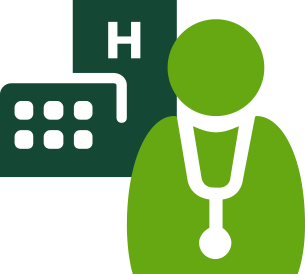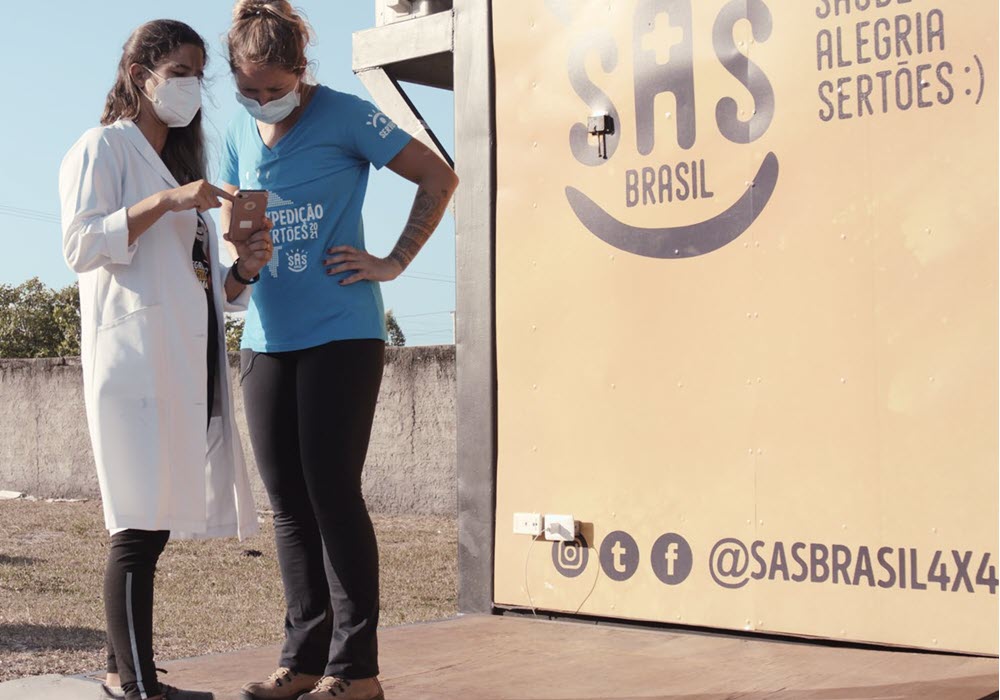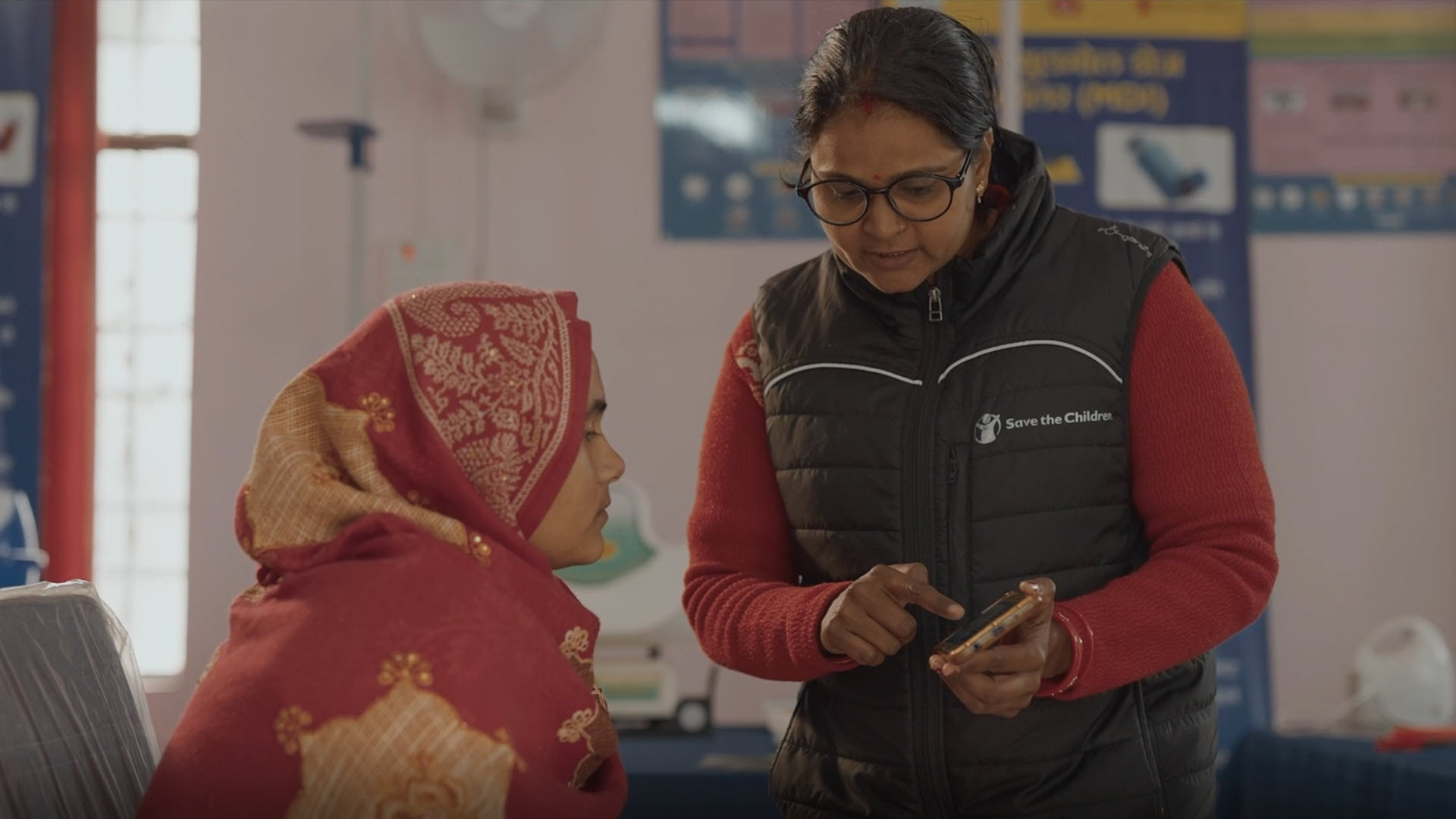Empowering community healthcare workers
To provide healthcare support in underserved communities, Philips Foundation is focusing on improving education, early detection, timely patient referrals, and tech-enabled task-shifting to lower levels of healthcare, such as strengthening the role of community-based healthcare workers.
As members of their local communities, community health workers play an indispensable role in providing basic health services close to the patients’ homes. With an estimated shortage of 13 million health workers by 2035, Philips Foundation explores ways to empower community health workers by providing them with tools, technologies and skills that can enhance the quality of community and primary healthcare where it is needed.
Explore related projects in our Knowledge Hub
Our approach
In places with minimal access to medically trained staff, Philips Foundation explores ways to strengthen the role of community health workers by providing tools, technologies and training to enhance the quality of community and primary healthcare where it is needed most.
We collaborate with organizations that acknowledge the indispensable role of community health workers in last-mile delivery to build resilient healthcare systems. A mix of top-down and bottom-up engagement practices is needed to understand the local context, develop and offer the right tools to community health workers to provide locally relevant health services and combine them with the right information and operational procedures.
In this way, access to healthcare can start in the communities, so people no longer have to travel far to health facilities to receive timely treatment and recover from their conditions.
Below are some of our projects that bring healthcare to the heart of the communities.




